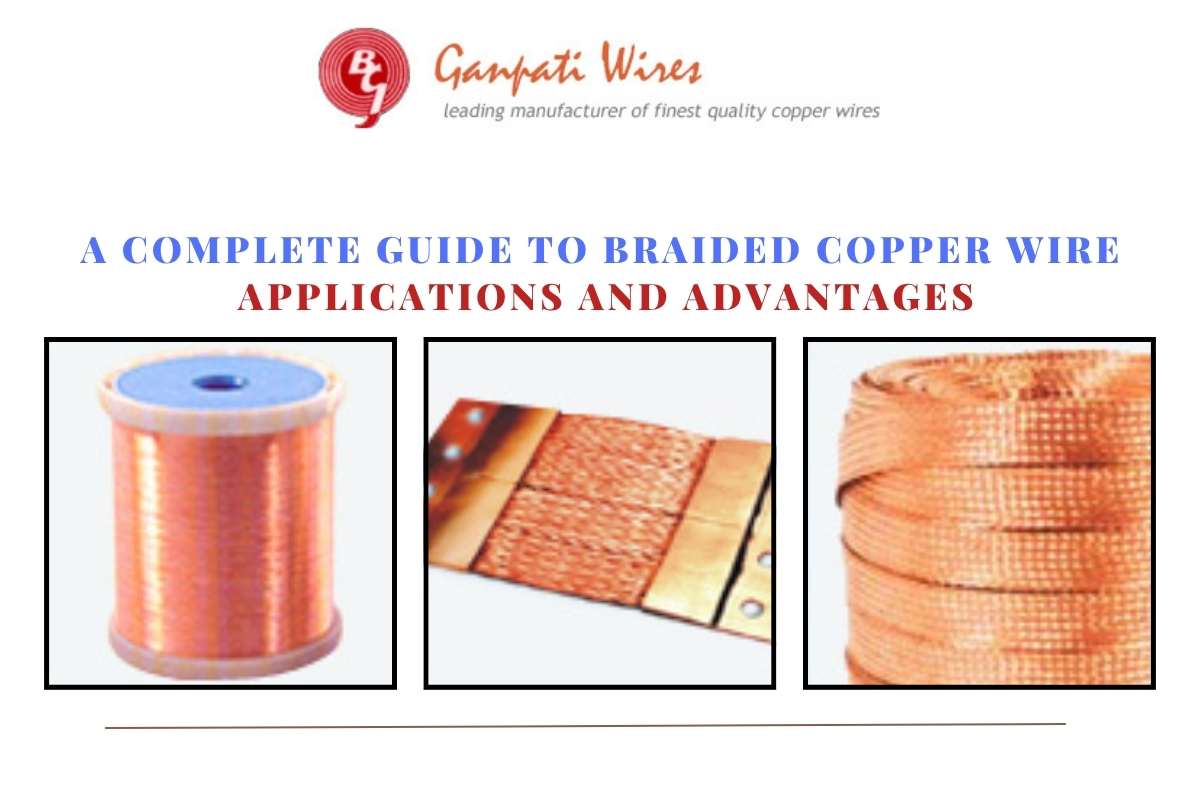The Ultimate Guide to Choosing Stranded Flexible Copper Connectors
Understanding Stranded Flexible Copper Connectors
Stranded flexible copper connectors are an essential part of any electrical system. They are composed of multiple thin strands of copper wire twisted or braided together to form a single conductor. This design allows the connector to be more flexible than solid copper wire, making it ideal for applications that require frequent movement or bending. The flexibility of these connectors also allows for easier installation in tight spaces, providing a more versatile solution for various electrical connections.
The manufacturing process of stranded flexible copper connectors involves carefully twisting or braiding the individual strands of copper wire together. This process creates a conductor that can withstand repeated bending and flexing without compromising its integrity. Additionally, the use of high-quality copper ensures excellent conductivity, making these connectors suitable for carrying both low and high currents. Understanding the construction and properties of stranded flexible copper connectors is crucial for selecting the right type for specific applications, ensuring optimal performance and longevity.
Advantages of Stranded Flexible Copper Connectors
Stranded flexible copper connectors offer a wide range of advantages that make them a preferred choice for many electrical applications. Their flexibility provides numerous benefits, especially in situations where frequent movement or bending of the connectors is required. This flexibility not only simplifies the installation process but also reduces the risk of damage to the connectors and the connected components, ensuring a reliable and durable electrical connection.
The ability of stranded flexible copper connectors to withstand vibration and mechanical stress makes them suitable for use in environments where stability is crucial. Whether it's in automotive applications, industrial machinery, or aerospace systems, these connectors offer a robust and dependable solution for conducting electrical currents while withstanding the rigors of constant movement and operational stresses. This resilience contributes to the overall reliability and safety of the electrical systems in which they are utilized.
Another significant advantage of stranded flexible copper connectors is their ability to minimize the risk of wire breakage due to metal fatigue. The multiple strands of copper wire in these connectors distribute the stress of bending and flexing more effectively than solid wire, reducing the likelihood of fatigue-related failures. This enhanced durability ensures a longer service life for the connectors, resulting in reduced maintenance requirements and overall cost savings over time. Understanding and harnessing these advantages can significantly impact the performance and longevity of electrical systems, making stranded flexible copper connectors a valuable component in various applications.
Applications of Stranded Flexible Copper Connectors
The versatility of stranded flexible copper connectors makes them suitable for a wide range of applications across different industries. In the automotive sector, these connectors are commonly used in wiring harnesses, battery connections, and grounding systems. The flexibility and durability of these connectors make them well-suited for the dynamic and demanding conditions within automotive environments, ensuring reliable electrical connections that withstand the challenges of vehicle operation.
Industrial machinery and equipment also benefit from the use of stranded flexible copper connectors, particularly in applications that involve moving parts or machinery subjected to vibrations. Whether it's in conveyors, robotics, or heavy machinery, these connectors provide a dependable solution for transmitting electrical signals and power while accommodating the movement and operational stresses commonly encountered in industrial settings. Their ability to maintain conductivity and structural integrity under these conditions contributes to the overall efficiency and safety of industrial electrical systems.
Types of Stranded Flexible Copper Connectors
There are several types of stranded flexible copper connectors available, each designed to meet specific requirements and applications. One common type is the stranded bare copper wire, which provides excellent conductivity and flexibility for general-purpose electrical connections. This type of connector is often used in grounding applications, electrical panels, and power distribution systems, where flexibility and reliable conductivity are essential.
For applications requiring additional protection against environmental factors and abrasion, insulated stranded flexible copper connectors are an ideal choice. These connectors feature a protective insulation layer, typically made of materials such as PVC, XLPE, or silicone, which enhances their resistance to moisture, chemicals, and mechanical damage. This makes them suitable for use in outdoor environments, harsh industrial settings, and automotive applications where exposure to varying conditions is a concern.
Conclusion
In conclusion, stranded flexible copper connectors are a vital component in modern electrical systems, offering a combination of flexibility, durability, and reliable conductivity. Understanding the composition, advantages, applications, and types of these connectors is essential for making informed decisions when selecting the right components for specific electrical projects. Whether it's in automotive, industrial, aerospace, or other applications, the versatility and resilience of stranded flexible copper connectors make them a preferred choice for a wide range of electrical connections.
.jpg)

.jpg)

Comments
Post a Comment